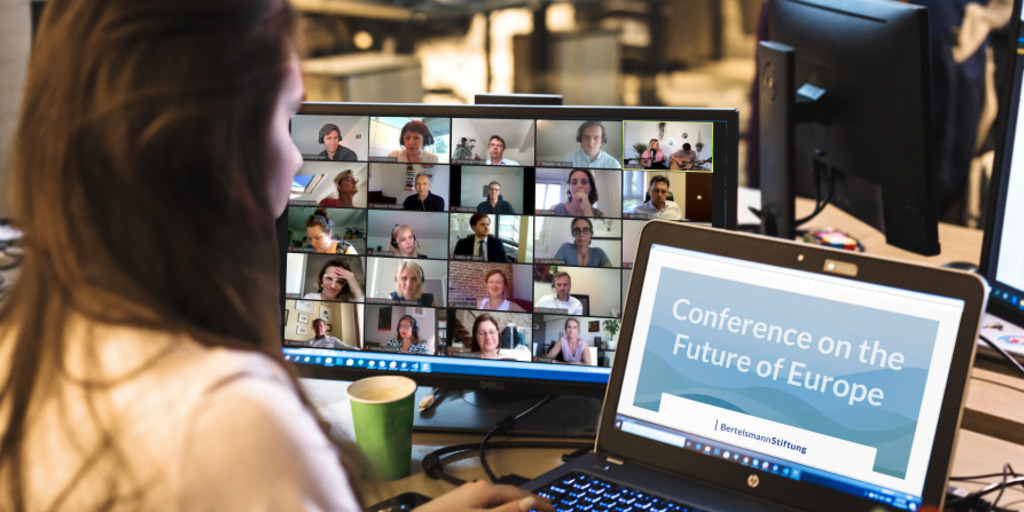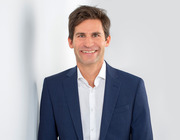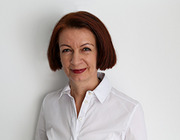If it were up to the European Parliament and the Commission alone, the concept for the Conference on the Future of Europe would have been finalized long ago. However, the Member States were hesitant. The ONLINE DIALOGUE "United in Diversity: How to make a participatory Conference on the Future of Europe happen and a success?” came at just the right time. Together with the King Baudouin Foundation and the Open Society Foundations, we invited Amélie de Montchalin and Karoline Edtstadler to discuss the hurdles and requirements for the Conference on the Future of Europe.
The idea of the Conference on the Future of Europe is simple, but far-reaching: In a two-year process, all the European institutions should have come together to discuss EU priorities with citizens from across the EU. The Corona pandemic has shown that we are only strong if we take action together. That is the reason why the Conference on the Future of Europe is still so important. European solidarity can only be established through discussion and discourse with its citizens because they must have a say on the EU’s future agenda.





